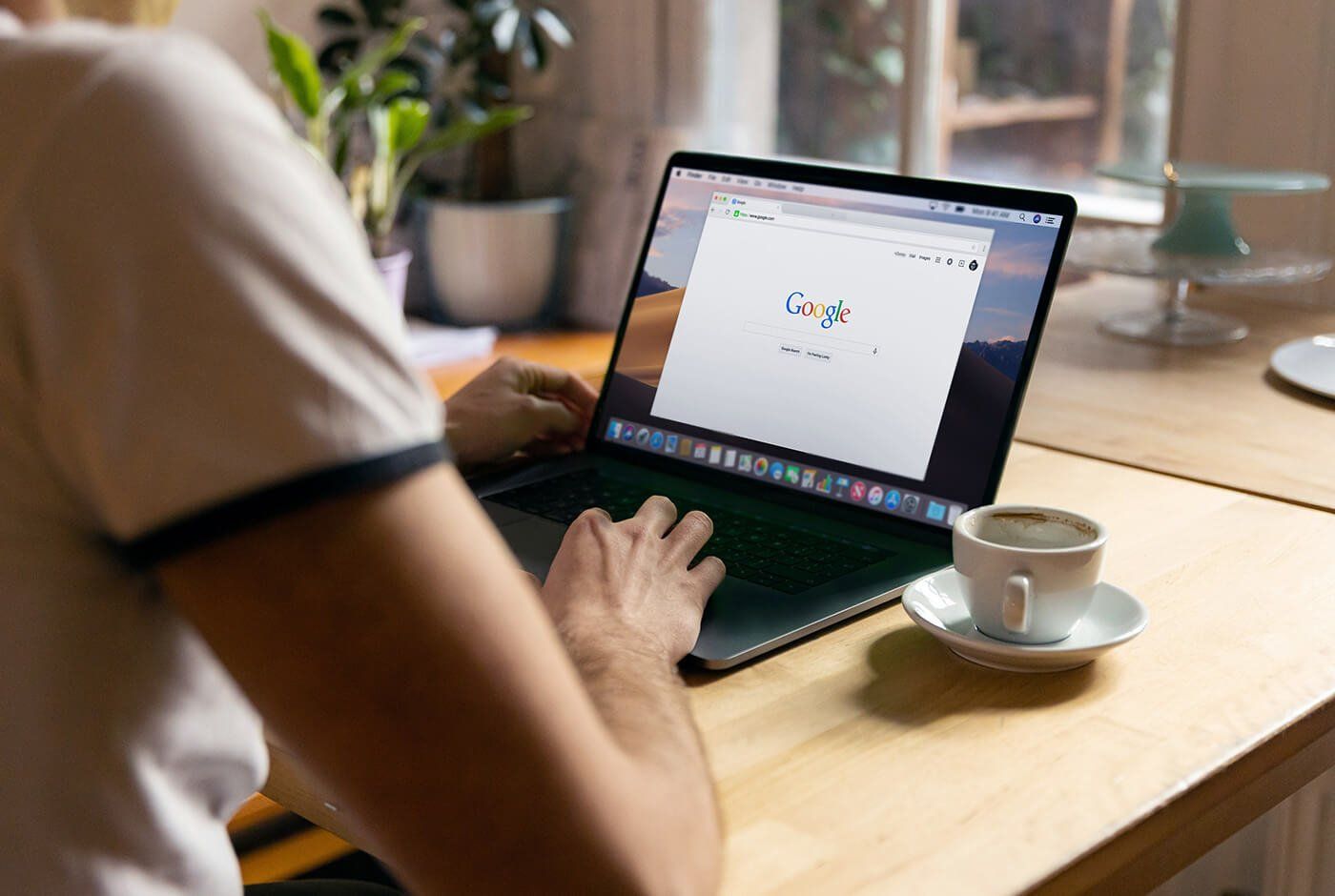If you’re just getting started in the digital marketing world, navigating all the acronyms and technical terms can be a nightmare!
Quite simply, PPC stands for pay-per-click. It’s a type of marketing that means advertisers will pay a certain fee every time one of their adverts is clicked on.
Quite simply, PPC stands for pay-per-click. It’s a type of marketing that means advertisers will pay a certain fee every time one of their adverts is clicked on.
In this article, we’ll be getting into the details of PPC. Why it’s so effective and what some of the alternatives are.
How exactly does PPC work?
As you might expect, having search engines hosting ads with links to your website is a good way of generating traffic to you. The amount of traffic generated to your site will depend on a number of factors which we’ll get into later.
However, with potentially millions of different search results pages that could host your ads, it’s impossible to go through each one and offer a price to host your ads there. That’s why there are systems in place to ensure your PPC marketing strategy is carried out automatically, to your parameters.
This system, known as search engine advertising, works by advertisers 'bidding on search engine results for certain keywords. For example, if your website sells tennis equipment, you might want to bid on a keyword like ‘racquets’.
This way, your ad could appear at the top of a search engine results page when a user searches for ‘tennis racquets’. At HelloClicks, we offer PPC management services that can take care of all the complicated research that goes into effective PPC. It can be difficult to know which keywords are most effective to bid on, and what type of strategy will be most effective for generating as much traffic as possible. Our data-backed decisions take the guesswork out of this process and offer you the best way to use PPC to your advantage.
However, PPC isn’t the only strategy for generating traffic to your site...
PPC vs SEO
One of the main competitors for PPC is SEO (search engine optimisation).
SEO requires a lot of time and work to be effective, but costs no money to implement. It works by using highly popular keywords in content on your website to push yourself up the rankings on a search engine results page.
However, this doesn’t necessarily mean that a marketing campaign should exclusively use one method or the other. In fact, the most successful campaigns will utilise a combination of both.
Is PPC worth it?
When carried out successfully, the monetary cost of implementing PPC is arbitrary compared to the monetary gains it brings in. For example, an advertiser may only pay around £2 for a click to their website but that click could result in a £200 sale, making the investment in PPC absolutely worthwhile.
Google Ads
Google Ads Anyone who’s delved into the world of PPC before will have heard of Google Ads. They probably will have used it too. It’s easily the biggest and most popular system for PPC advertising out there.
It works using the same system of bidding that we looked at earlier. Whenever a search is made on Google, the search engine will scour through the list of advertisers who have all bid on the keyword that the user has searched for. Google then chooses a winning advertiser to place at (or near) the top of that search results page, making it more likely that the user will click on it.
Because Google is the biggest search engine on the internet, ranking highly on their results page is crucial for generating lots of traffic. That’s why it’s super important to have a high ranking Google Ads performance grade.
This grade (or Ad Rank) is calculated by two important factors. The first is cost per click (CPC), which simply refers to the amount of money an advertiser is willing to spend on placing an ad. This is pretty straightforward as the highest bidder (the advertiser who is willing to spend the most) will beat out the advertiser who won’t spend as much.
The second and less straightforward factor is the quality score of an advertiser’s link. This score considers all kinds of things about the landing page of the ad itself. Things like relevance, click-through rate and creative design all factor into the quality score of an advertiser’s link.
How not to do PPC marketing
We’ve already covered 21 ways campaigns fail on this site before, but these are some of the key mistakes marketers make when it comes to PPC:
- Not testing landing pages - Good landing pages can result in a higher conversion rate. Meaning more visitors to the site are going on to purchase a product, download an Ebook or sign up to a regular newsletter. These landing pages need to be tested in order to keep conversion rates high, at a low cost.
- Not adding new keywords - It’s important to expand the keywords you use in your PPC campaign to generate more clicks and conversions. This requires some research into which keywords and search terms are getting lots of traffic, and which ones might be relevant to your website that you aren’t already targeting. Our PPC management service can take a lot of this time spent researching off of your hands.
- Not using Google Ads alerts - Trends and patterns of behaviour can fluctuate all the time online. It’s important to stay on top of things and adapt your PPC strategy frequently. Without setting up useful Google Ads alerts, you’ll be left in the dark about any changes in performance, leaving you with an ineffective strategy.
Conclusion
Hopefully, you now have a much clearer understanding of what PPC is and how it works. It can seem a little daunting to get your head around everything that goes into it at first and many newcomers are put off by the amount of time and effort it requires.
That’s why services like the ones we offer at HelloClicks can be extremely valuable for new advertisers. Feel free to check out our services and request a free proposal so you can get involved in profitable digital marketing.
Share this article
Related posts




